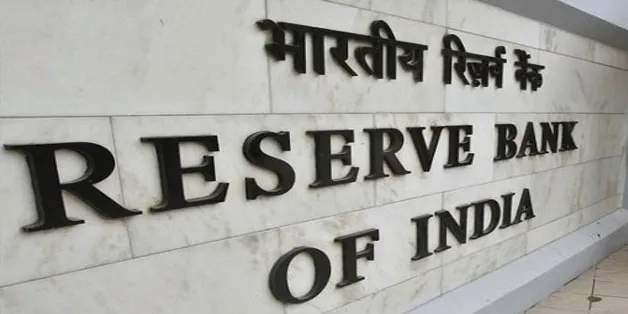How RBI's new regulations could make it easier for startups to raise foreign funding
Almost a month ahead of union budget, Rserve Bank of India released its sixth bi-monthly Monetary Policy Statement for 2015-16 today. Merely two weeks after the launch of Startup India action plan, RBI has highlighted the steps being taken in keeping with the Government’s initiatives to promote the ease of doing business and contribute to an ecosystem conducive for growth of entrepreneurship, particularly in respect of the startups.
The statement issued by RBI said,
These measures are aimed at creating an enabling framework for receiving foreign venture capital, differing contractual structures embedded in investment instruments, deferring receipt of considerations for transfer of ownership, facilities for escrow arrangements and simplification of documentation and reporting procedures.

RBI has proposed following regulatory changes for easing the cross-border transactions, particularly relating to the operations of the start-up enterprises, in consultation with the Government of India.
- Enabling start-up enterprises, irrespective of the sector in which they are engaged, to receive foreign venture capital investment and also explicitly enabling transfer of shares from Foreign Venture Capital Investors to other residents or non-residents;
- Permitting, in case of transfer of ownership of a start-up enterprises, receipt of the consideration amount on a deferred basis as also enabling escrow arrangement or indemnity arrangement up to a period of 18 months;
- Enabling online submission of A2 forms for outward remittances on the basis of the form alone or with document(s) upload/submission, depending on the nature of remittance; and
- Simplifying the process for dealing with delayed reporting of Foreign Direct Investment (FDI) related transaction by building a penalty structure into the regulations itself.
Apart from the above mentioned, following proposals are under consideration:
- Permitting start-up enterprises to access rupee loans under External Commercial Borrowing (ECB) framework with relaxations in respect of eligible lenders, etc.;
- Issuance of innovative FDI instruments like convertible notes by start-up enterprises; and
- Streamlining of overseas investment operations for the start-up enterprises.
Issues that are permissible under the existing regime like issue of shares without cash payment through sweat equity or against any legitimate payment owed by the company remittance of which does not require any permission under FEMA and collection of payments by start-up enterprises on behalf of their subsidiaries abroad
The Reserve Bank has created a dedicated mailbox([email protected]) to provide assistance and guidance to the start-up sector. Electronic reporting of investment and subsequent transactions will be made on e-Biz platform only. Submission of physical forms will be discontinued with effect from February 8, 2016.
With these steps, RBI seems to be batting for Indian startups, but with caution. The central banking institution of India will also be observing the performance of Startup India campaign to roll out the next phase of regulations/proposals for easing out things for startups and SMEs.
What do you think about the measures taken by RBI? Let us know in the comments below.







